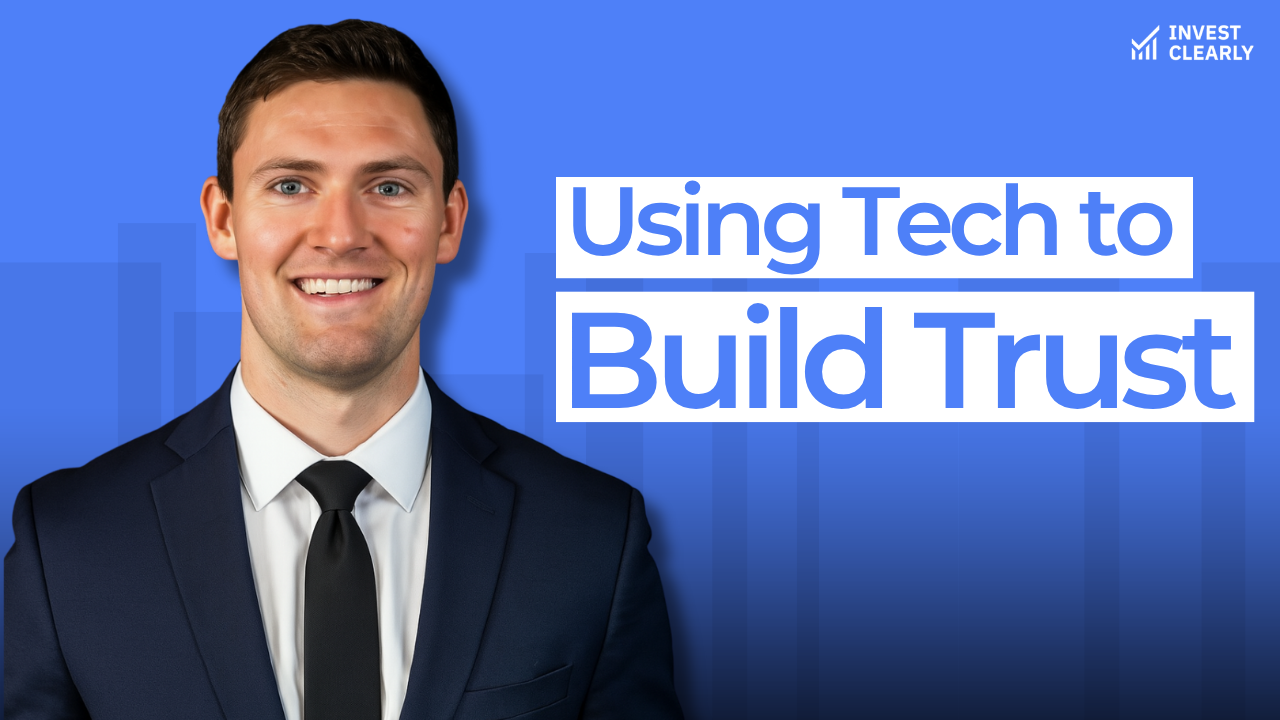
Evaluating Real Estate Sponsors: The Role of Social Proof in Investment Decisions
Evaluating Real Estate Sponsors: The Role of Social Proof in Investment Decisions
For passive investors in real estate syndications, evaluating a sponsor is one of the most critical steps in the investment process. Traditionally, investors have relied on the "Know, Like, and Trust" principle when selecting a sponsor. However, as the industry evolves, social proof has become an essential factor in making informed decisions. This article explores the role of social proof in evaluating real estate sponsors, the risks of relying solely on past returns, and the dangers of influencer marketing in investment decision-making.
The Limitations of "Know, Like, and Trust"
The "Know, Like, and Trust" principle suggests that investors are more likely to commit capital to sponsors they are familiar with, find relatable, and perceive as trustworthy. While relationship-building is a valuable part of the process, it introduces subjective biases. Trust should be based on verifiable data and experiences, not just personal rapport or a polished online presence.
In an era where sponsors can produce high-quality content and maintain a strong social media presence, an investor's perception can be influenced by branding rather than the sponsor’s actual track record. This is where social proof becomes a crucial factor in decision-making.

What Is Social Proof in Real Estate Investing?
Social proof refers to the concept that people tend to look to others for validation when making decisions. In the context of real estate investing, this means leveraging the experiences and feedback of other investors to assess a sponsor’s credibility and reliability.
Social proof can take several forms, including:
- Investor Reviews & Testimonials: Unbiased feedback from past investors who have worked with a sponsor provides insight into their communication style, ability to handle challenges, and overall investor experience.
- Publicly Available Track Records: Transparency in reporting past deals, including both successes and setbacks, allows investors to assess consistency over time.
- Third-Party Ratings & Industry Recognition: A sponsor’s standing in industry organizations or inclusion in independent rankings can indicate a level of credibility.
The Risks of Evaluating Sponsors Based Solely on Past Returns
One of the most common mistakes investors make is assuming that strong past returns indicate a reliable sponsor. While historical performance can be a useful data point, it does not guarantee future success. Here’s why:
- Market Cycles Affect Returns: A sponsor may have achieved strong returns during a favorable market cycle, but how they perform during downturns is a more significant indicator of their capabilities.
- Lack of Transparency in Reporting: Some sponsors highlight only their best deals while omitting projects that underperformed.
- Overleveraging and Aggressive Projections: A sponsor may present impressive past returns without disclosing the level of risk taken to achieve them. If those same high-risk strategies are applied in a changing market, future outcomes could be very different.
Investors should look beyond financial performance and evaluate how a sponsor manages challenges, communicates with investors, and maintains transparency.
The Dangers of Influencer Marketing in Real Estate Investing
The rise of digital marketing has led many sponsors to leverage social media, podcasts, and influencer endorsements to attract investors. While these channels can provide valuable education, they also present risks:
- Influencer Bias: Many influencers promote investment opportunities without conducting independent due diligence. Some may receive compensation for endorsements, creating conflicts of interest.
- Overemphasis on Branding: A polished online presence and compelling personal brand do not equate to investment expertise. Investors must look beyond social media engagement and evaluate actual deal performance and investor feedback.
- Lack of Accountability: Unlike regulated financial advisors, influencers may not be held accountable for misleading claims, making it essential for investors to conduct their own due diligence.
Best Practices for Evaluating a Sponsor Using Social Proof
To make informed investment decisions, limited partners should take a data-driven approach to evaluating real estate sponsors. Consider these best practices:
- Seek Out Unbiased Reviews: Look for investor reviews on third-party platforms where sponsors do not have control over the feedback published.
- Evaluate Transparency & Communication: Read through investor experiences that highlight how a sponsor communicates during both stable and challenging times.
- Compare Multiple Data Points: Combine investor reviews with track records, financial reports, and industry credibility before making a decision.
- Question Promotional Content: If a sponsor’s marketing focuses heavily on lifestyle benefits and influencer partnerships rather than deal fundamentals, approach with caution.
- Assess Downside Risk Management: Look for sponsors who discuss not only their wins but also how they have handled underperforming deals in the past.
Conclusion
While the "Know, Like, and Trust" principle has traditionally guided investor decisions, today’s real estate landscape requires a more evidence-based approach. Social proof—through investor reviews, track records, and transparent communication—provides an essential layer of validation beyond personal connections and past returns.
By leveraging unbiased investor feedback and conducting thorough due diligence, limited partners can make more informed decisions and invest with confidence in an increasingly complex market.
Written by
Invest ClearlyOther Articles

What Is a Capital Stack?
Every real estate deal needs funding, which is why real estate syndication and private equity investments have become so widespread. However, where that money comes from and in what order it gets repaid isn't random. It's structured carefully, layer by layer, in what's known as the capital stack.

Power of Community in Passive Investing | Brian Davis
Brian Davis shares how Spark Rental's co-investing club vets deals, evaluates operators, and helps investors build passive income

What is a Capitalization Rate in Real Estate
Learn about cap rates, how they are used in commercial real estate, and how investors should consider them when evaluating passive real estate investments.

What is a Syndication Real Estate Investment?
A real estate syndication is a common investment structure that pools capital from multiple investors to acquire and manage larger commercial real estate assets.

Using AI, Community, and Transparency to Build a Better Investment Firm with TJ Burns
TJ Burns, founder of Burns Capital and ex-Amazon engineer, joins the Invest Clearly Podcast to break down the real challenges of raising capital and building long-term LP trust.

The 'Institutional' Tax: Are You Paying a Premium for Prestigious Partners?
For LPs navigating an increasingly complex private real estate landscape, understanding when institutional backing genuinely adds value - and when it merely adds cost - is vital to optimizing your allocation strategy and maximizing risk-adjusted returns.